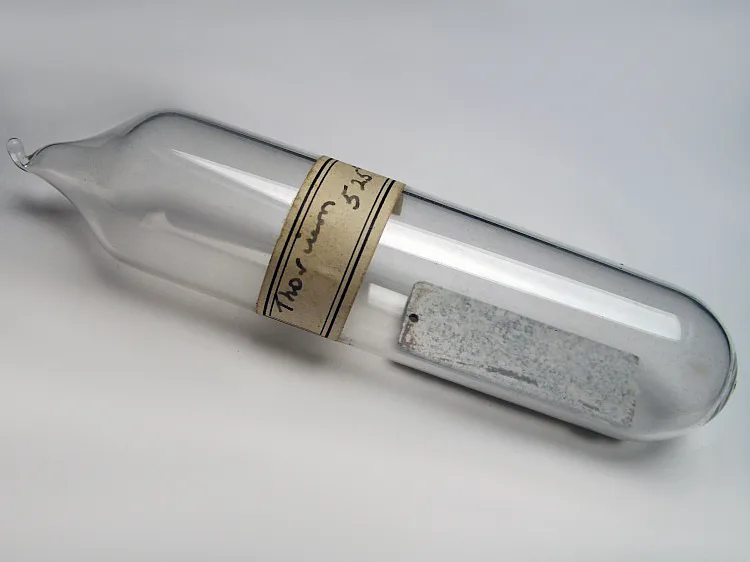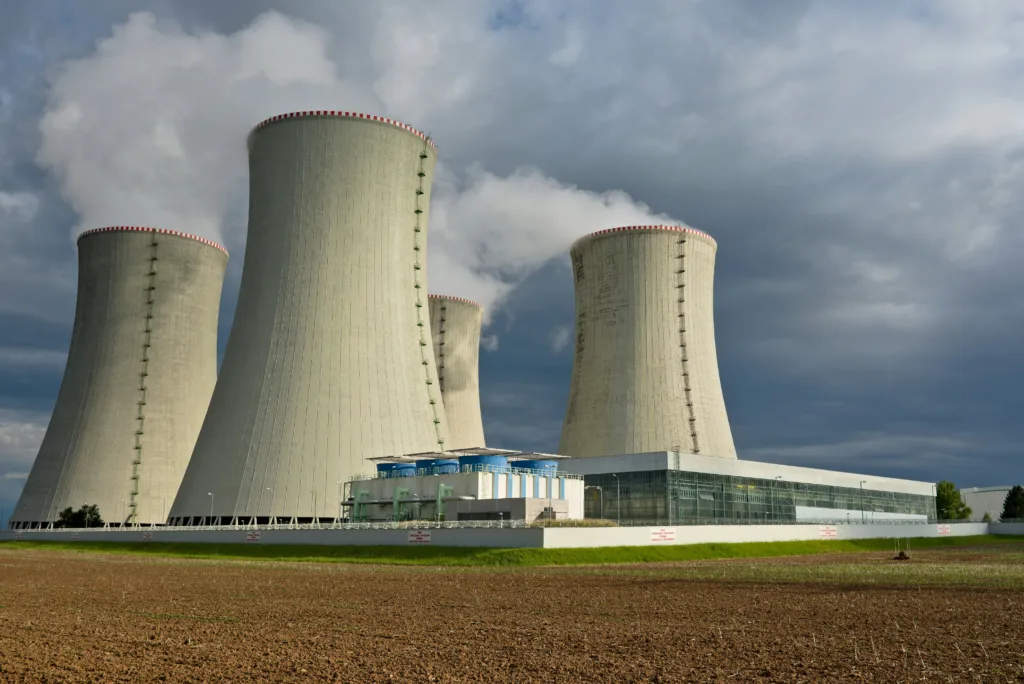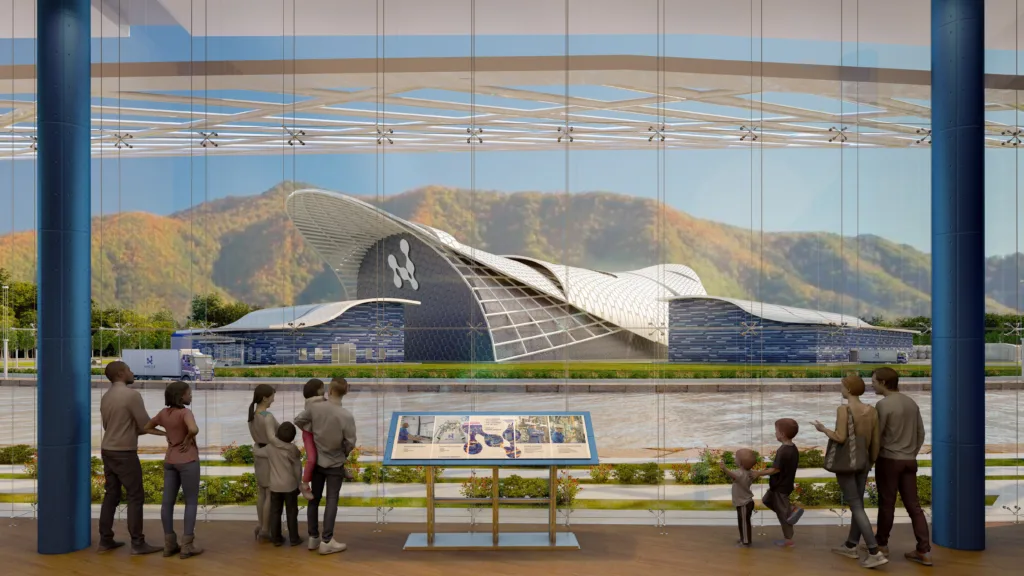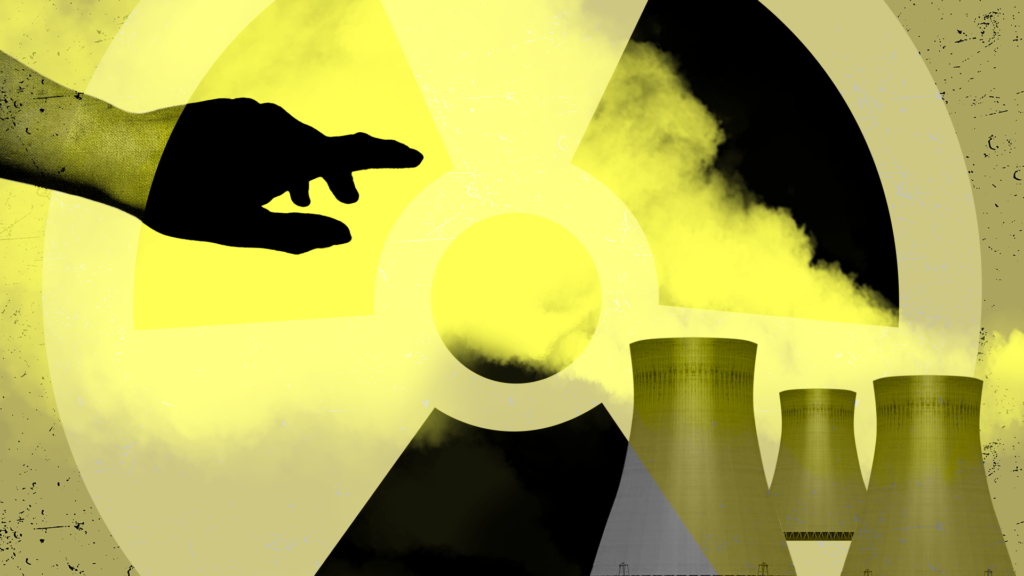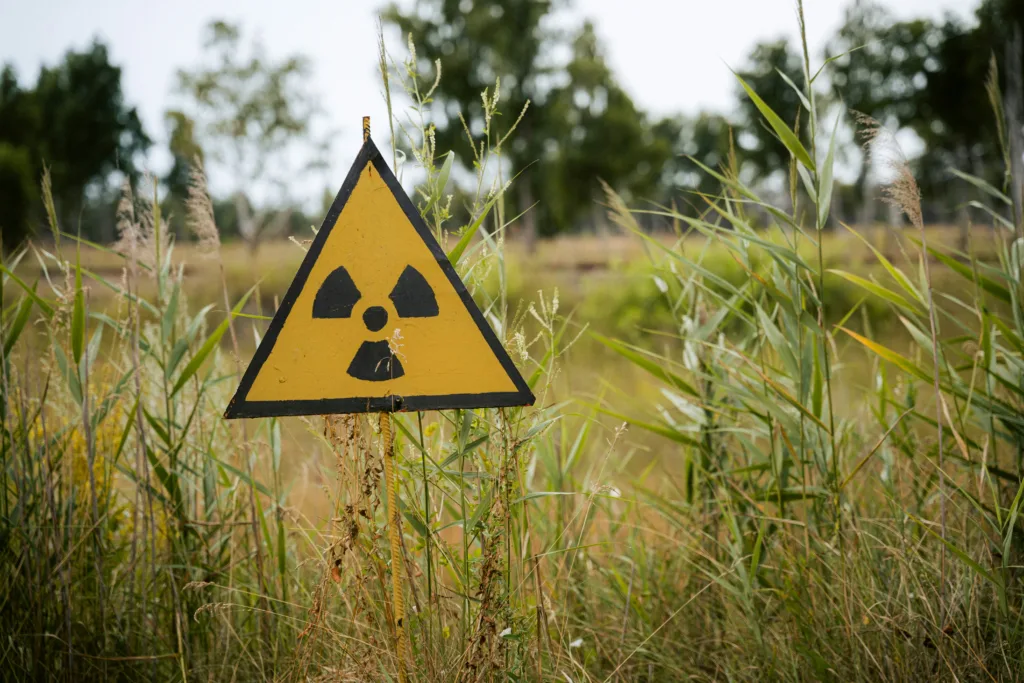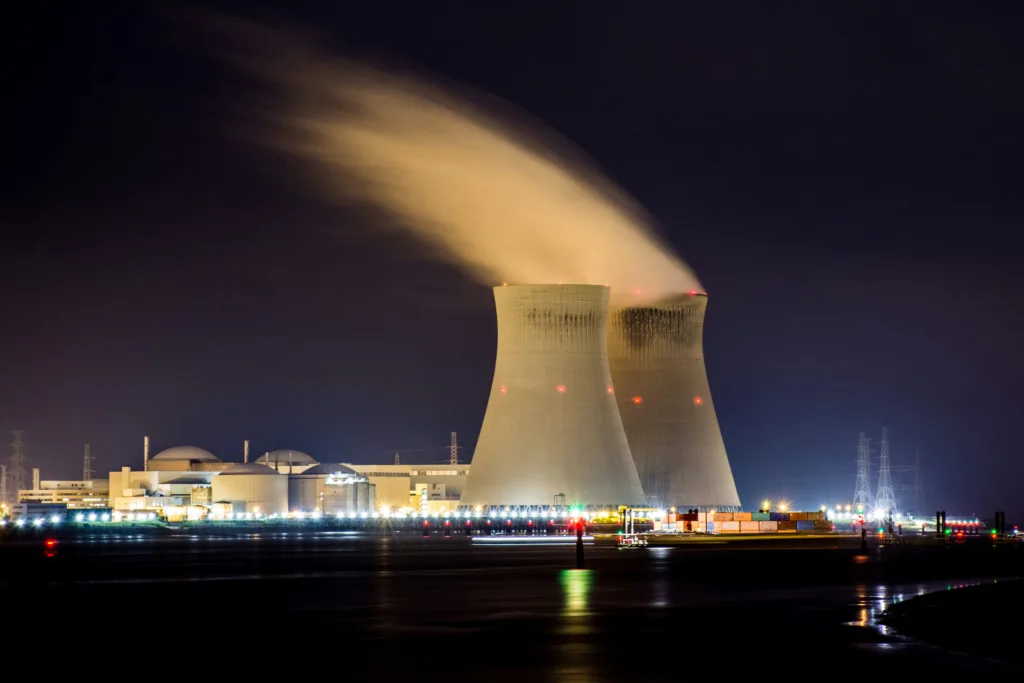Surveys over the past decade show that nuclear energy as an energy option is being increasingly accepted in Indonesia.
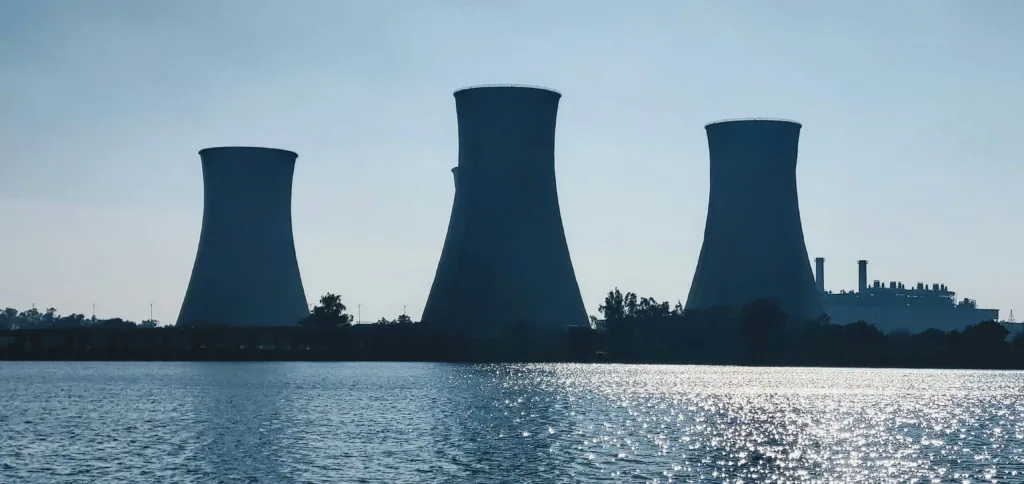 While there have been protests against proposed nuclear plants in the past, the public mood in Indonesia seems to have shifted. : Image by Ajay Pal Singh Atwal available at https://tinyurl.com/yck2a7s3 Unsplash License
While there have been protests against proposed nuclear plants in the past, the public mood in Indonesia seems to have shifted. : Image by Ajay Pal Singh Atwal available at https://tinyurl.com/yck2a7s3 Unsplash License
Surveys over the past decade show that nuclear energy as an energy option is being increasingly accepted in Indonesia.
In a meeting with the Indonesian Nuclear New Energy Society (MEBNI) in January 2024, Indonesian Vice President Ma’ruf Amien said public perception of safety was one of the main issues challenging the development of nuclear power in Indonesia.
The meeting was one of the latest efforts by the proponents of nuclear power in Indonesia to encourage the government to ratify the Bill on New Energy and Renewable Energy that was proposed in 2019.
The use of nuclear energy on a large scale in Indonesia cannot be implemented if the bill is not enacted.
Like elsewhere in the world, public acceptance of nuclear power as an energy option is crucial if it is to be adopted. However, three big nuclear accidents since 1979, at Three Mile Island, Chernobyl and Fukushima, are still fresh in the memories of people, including those in Indonesia.
The development of nuclear power plants requires significant investment and long-term operation. Public acceptance ensures that communities and other stakeholders are supportive of these projects.
Public opinion often influences political decision-making and regulatory frameworks. If the public is not supportive of nuclear power, politicians may be less inclined to support policies that promote its development.
Research on public acceptance of nuclear power as an energy source has been conducted in various countries. Shortly after the Fukushima accident in 2011, a global survey of 24 countries conducted by IPSOS found that the average public acceptance of continuation using nuclear power was 31 percent.
The more recent survey in 2023 by Radiant Energy Group found that across the 20 countries surveyed, 28 percent of respondents opposed the use of nuclear energy while 46 percent supported it. Support for nuclear power was three times higher in the world’s two most populated countries, China and India.
According to the World Nuclear Industry’s Status Report, there are 407 nuclear reactors in operation in 31 countries around the world. Studies of public acceptance have been conducted in 29 countries that operate nuclear reactors.
The average level of public acceptance in those countries was 38 percent, the lowest being 15.7 percent (Slovenia) with the highest at 63 percent (United Arab Emirates). An interesting fact is that there are countries that operate nuclear power plants despite very low public acceptance.
While Indonesia does not yet have a nuclear power plant, it has been operating three nuclear reactors for education and research purposes since 1965. The radiation they emit is considered too small to be dangerous to nearby communities.
In 2007, the Indonesian National Atomic Energy Agency (BATAN) made plans to build a nuclear power plant in Jepara, Central Java but was opposed by local communities and several NGOs including Nahdaul Ulama (NU), one of Indonesia’s largest civil society organisations.
Since then, BATAN has conducted several national surveys on public acceptance of nuclear power plants in Indonesia. The results from the 2011 to 2017 surveys show that public acceptance increased from 49.5 percent in 2011 to 77.53 percent as of 2017.
In 2019, an idea emerged to develop a Molten Salt Reactor (MSR) type nuclear power plant with thorium as the main raw material as opposed to uranium. A private company proposed to build the plant in the Bangka-Belitung Islands province, which is known to have abundant thorium deposits.
PT PAL Indonesia, a state-owned enterprise that manufactures ships for military and civilian use, signed a contract with the government to build the reactor.
A public acceptance survey involving 1,500 residents of Bangka Belitung was conducted in 2021, to measure public perception towards the proposed plant as well as public trust in the competence of nuclear power plant managers.
A total of 73 percent of Bangka Belitung residents agreed with the plan to build the nuclear power plant in their area. Observers, however, say that historically, the population of Bangka Belitung have always been supportive of the government’s stance, pro-nuclear or otherwise.
In 2020, the proposal for developing nuclear power plants in Indonesia was supported by Prabowo Subiyanto who was then Indonesian minister of defence. With Prabowo’s victory in the 2024 presidential election, it remains to be seen if the push for nuclear power generation will gain a new impetus.
Sri Hastjarjo is Head of Department of Communication Science at Universitas Sebelas Maret, Surakarta (UNS), Indonesia. He is also a 360info Commissioning Editor.
Originally published under Creative Commons by 360info™.


